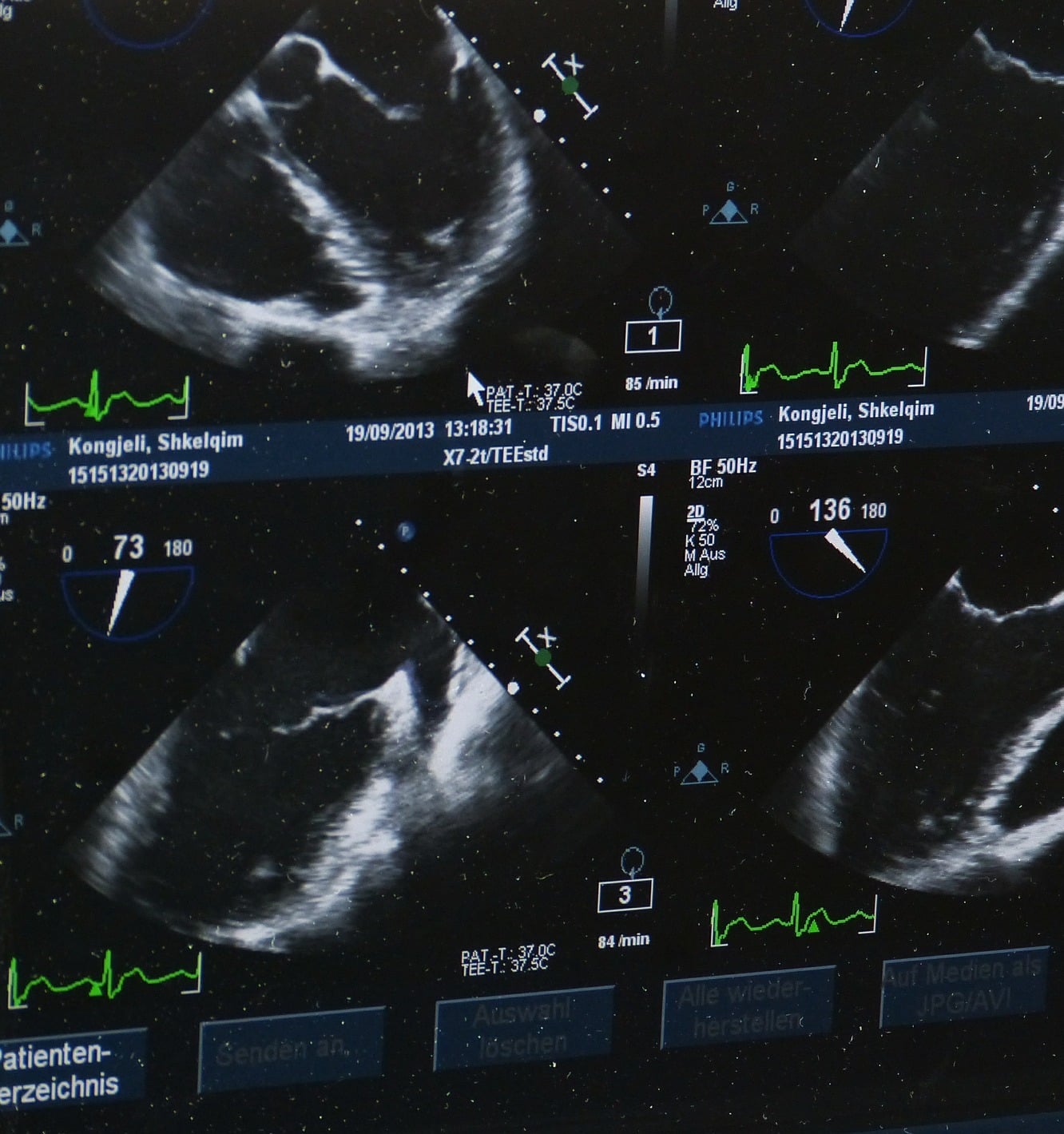Negligent Management of Childbirth Resulting in Infant's Arm Paralysis (Erb's Palsy)

This week, the Jerusalem District Court issued a verdict in which a lawsuit was accepted on behalf of an infant who was delivered by vacuum extraction and, as a result of the traumatic delivery, suffered a paralysis called "Erb's palsy" (in English, Erb's palsy).
The incident occurred in 2004. The infant was born at Al-Dajani Hospital, and during childbirth, a "shoulder dystocia" event occurred—an event known as every obstetrician's nightmare, where the fetus's head is outside while the entire body is still in the birth canal and cannot be extracted because the shoulders are "stuck" in the cervix. This typically causes drops in the fetal heart rate and fetal distress, requiring immediate delivery. The problem is that a cesarean section is no longer possible because the baby's head is already outside! Such a nightmare requires the use of delivery instruments such as the vacuum extractor used here, which is a type of pump attached to the fetal scalp, attempting to pull the entire body using the vacuum created. Typically, such a delivery becomes complicated with damage caused to the fetus's arm, which they try to pull to extract it, and that is what happened in the case for which this verdict was issued.
The lawsuit, incidentally, was also filed against a health fund for negligent management of the pregnancy; however, the court dismissed the claims against the health fund and focused only on the management of the delivery.
As in the blog I wrote last week, here too the medical record was at the center of the discussion. The judge criticized the fact that the birth sheet did not describe the traumatic delivery or even the fact that a vacuum was used, contrary to the guidelines of the position paper of the Israeli Association of Obstetrics and Gynecology and a circular from the Ministry of Health. The absence of documentation causes the plaintiffs "evidentiary damage," meaning damage to the ability to prove the lawsuit, as now no one can truly know what happened there. To ensure it is not worthwhile for doctors and hospitals to omit, blur, or whitewash records—the courts have established a rule whereby in the case of such missing records, the burden shifts to the hospital to prove that it was not negligent (instead of the plaintiff having to prove that the hospital was negligent). This rule was also applied in the case described here.
The court ruled that the hospital failed to prove it was not negligent in managing the delivery and therefore ruled in favor of the infant (who is now a 10-year-old child).
The child today suffers from a permanent 50% disability, and the court awarded him a sum of more than 2 million ₪!
If you are interested in consulting with me regarding a case of medical malpractice, please contact me through our office website.



